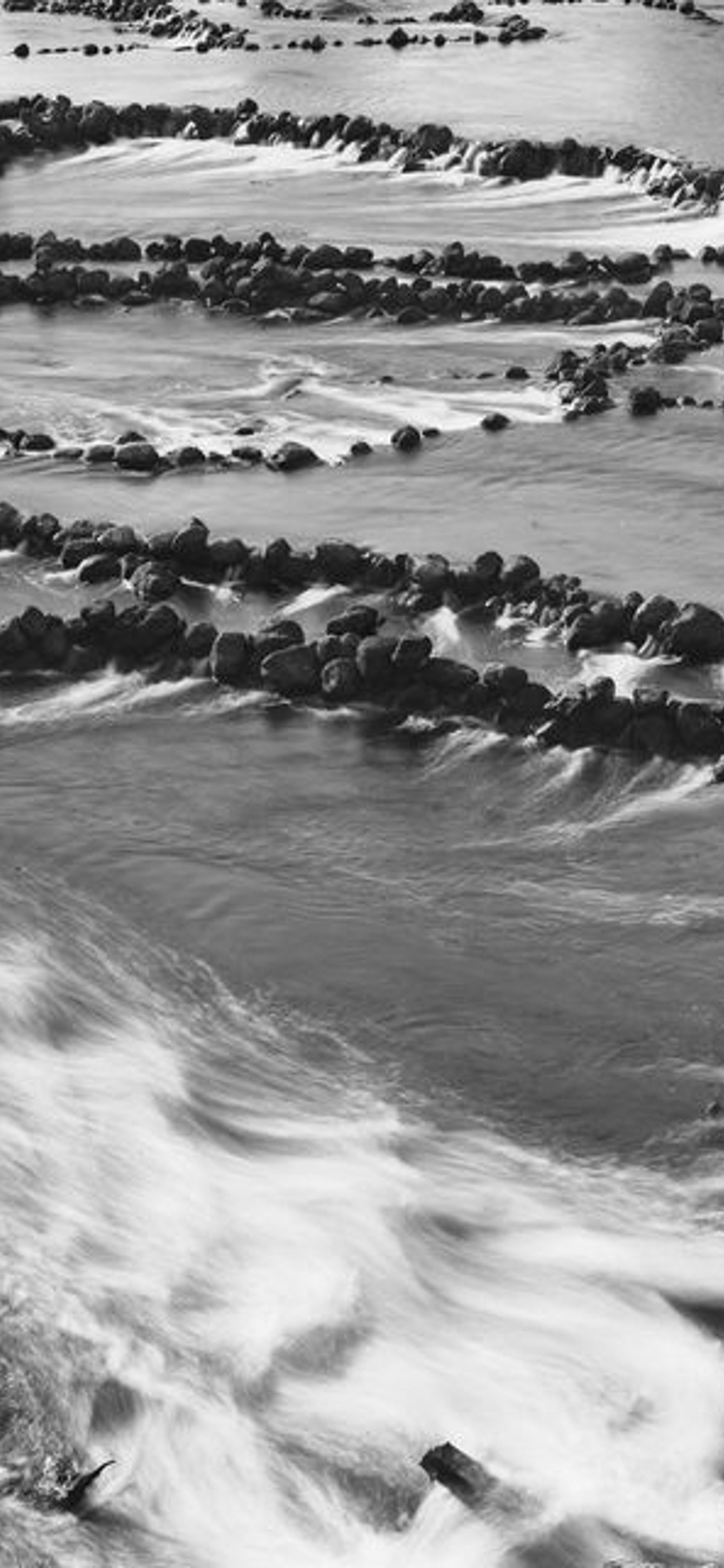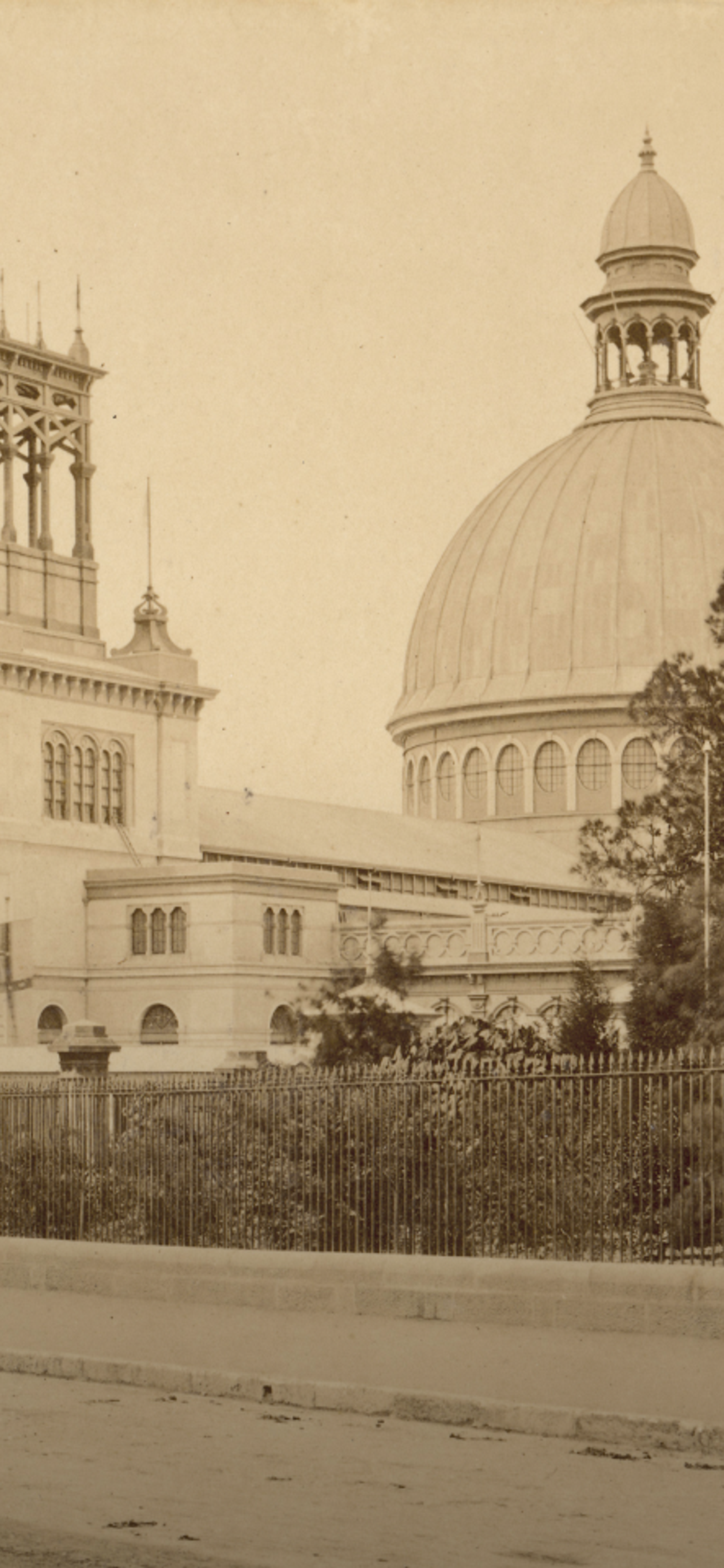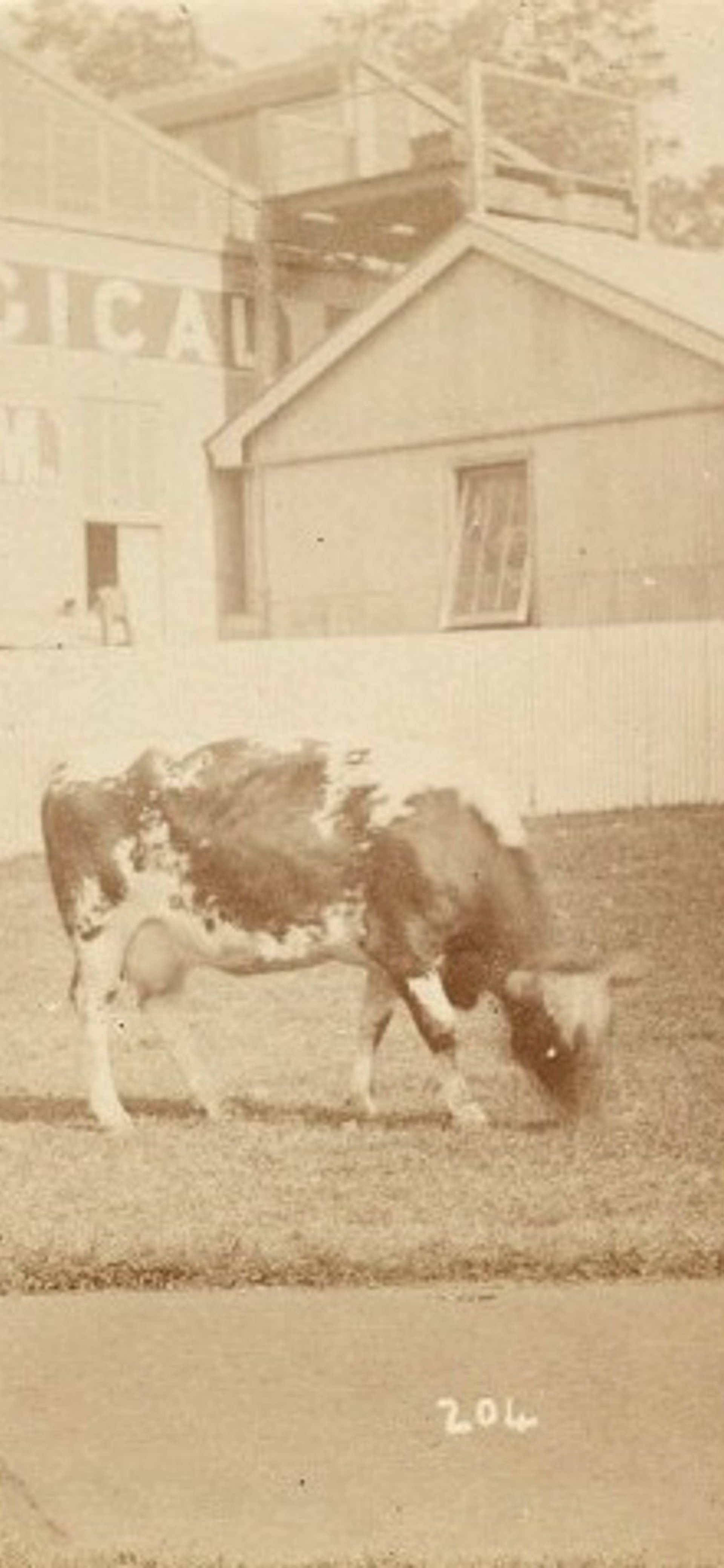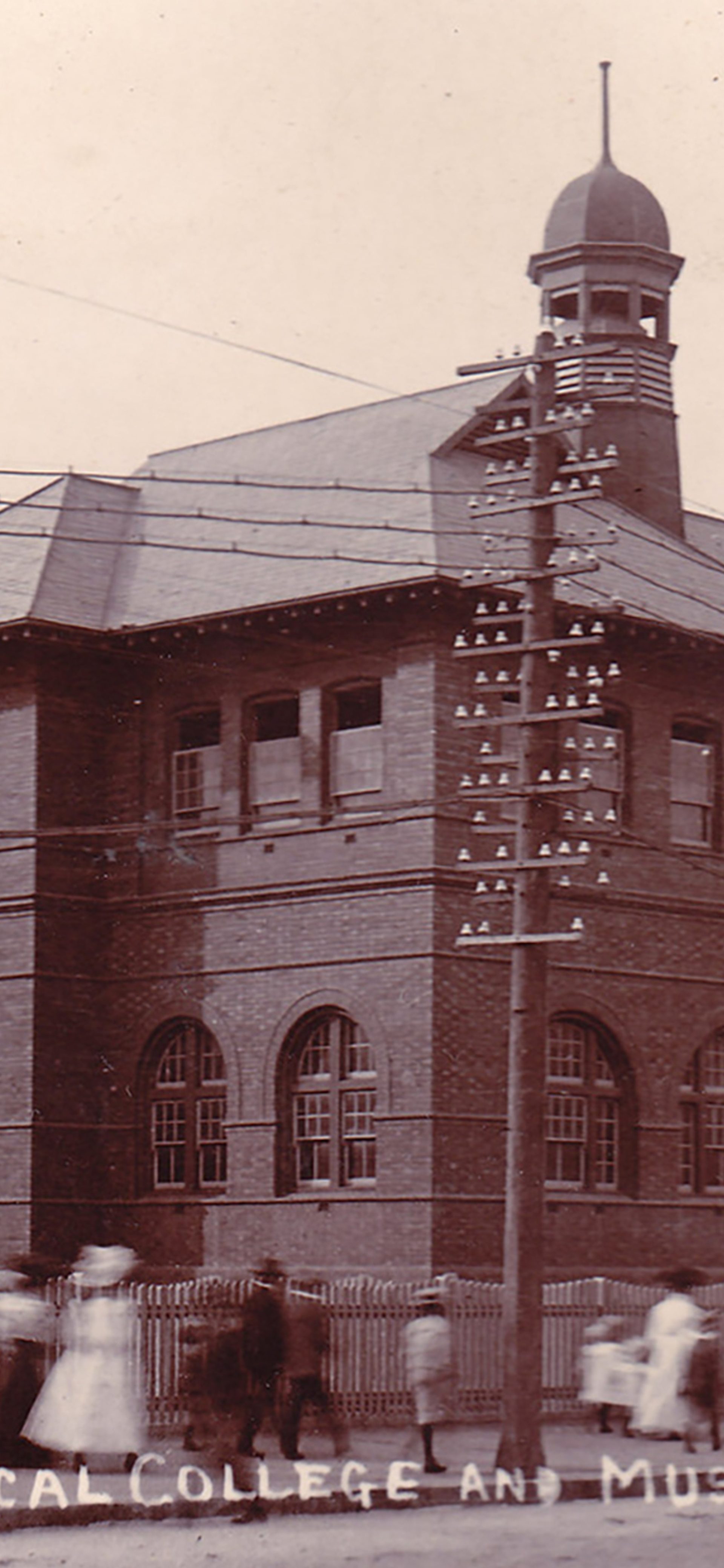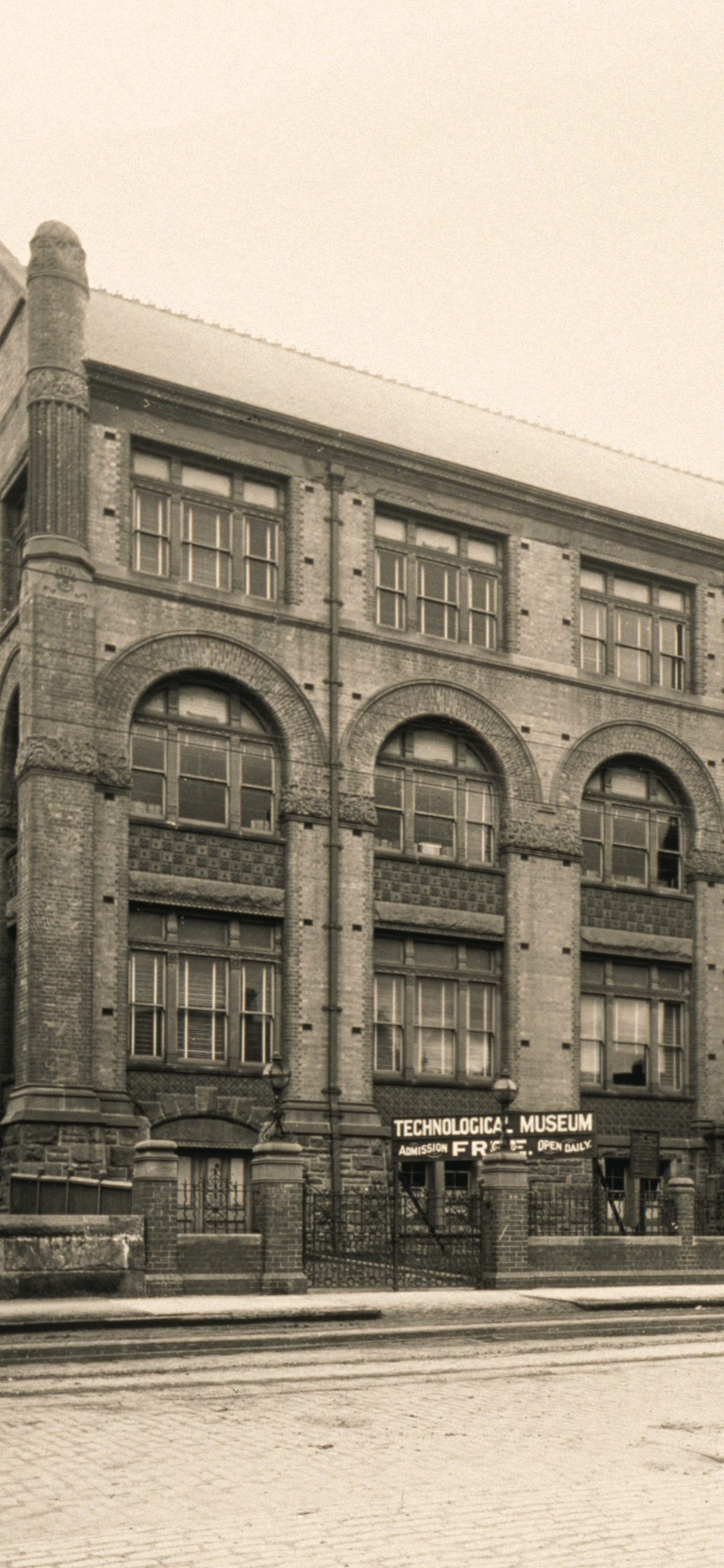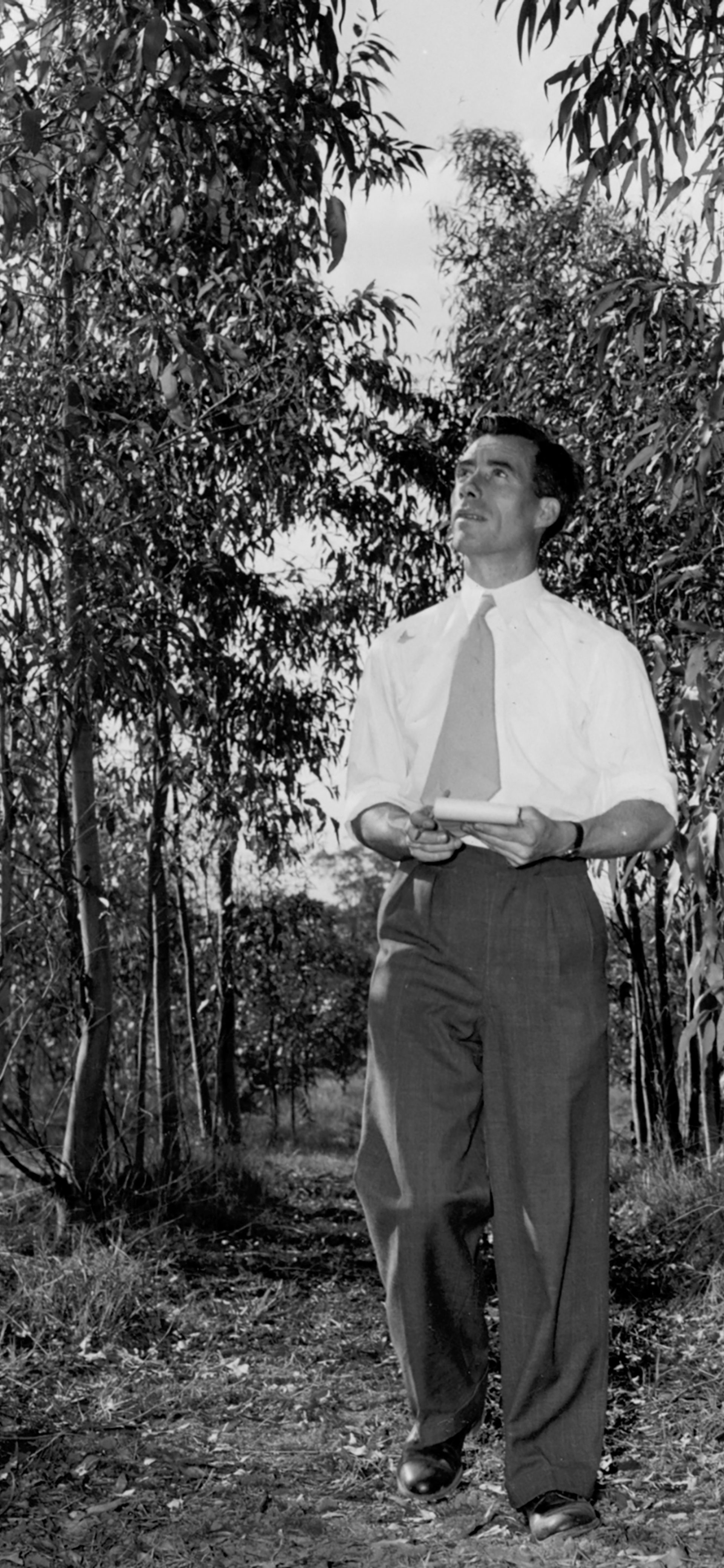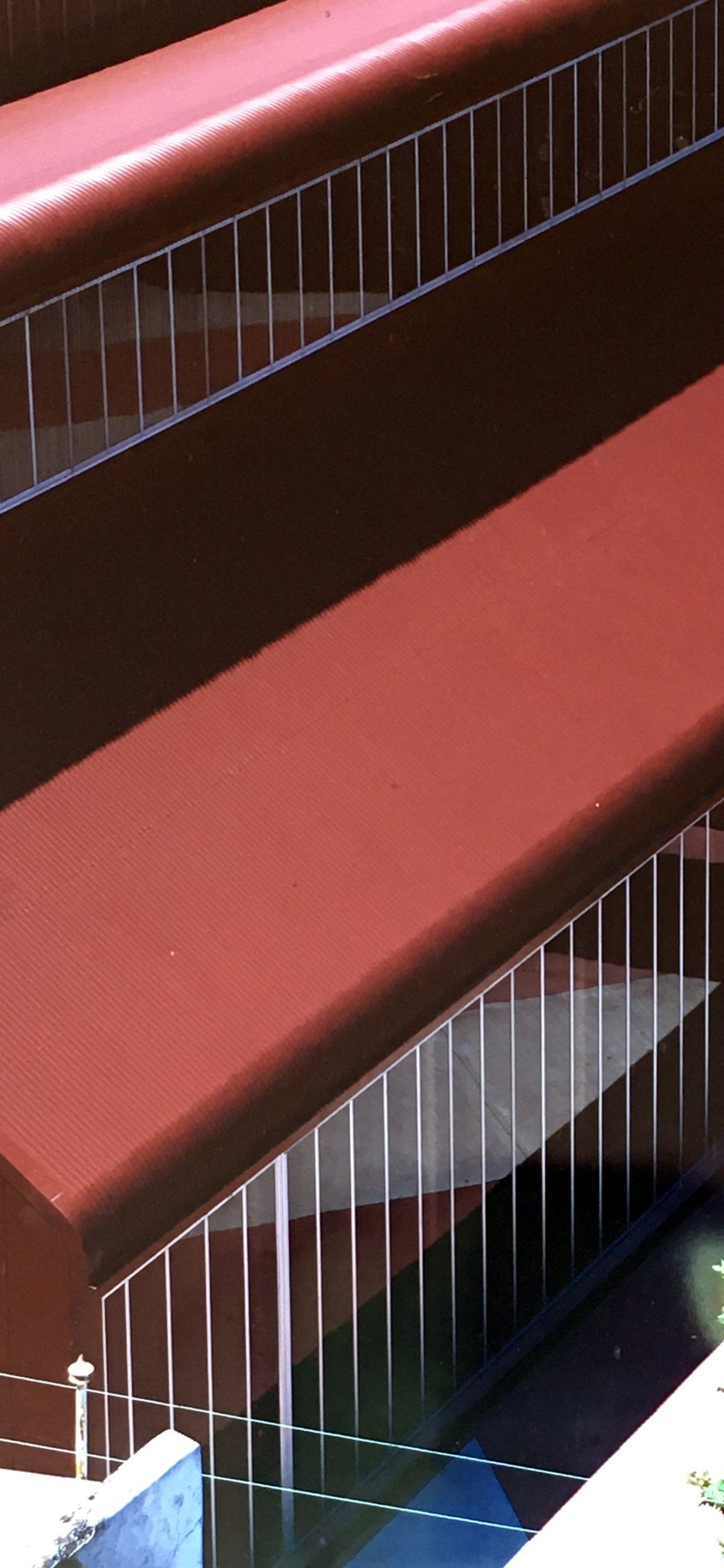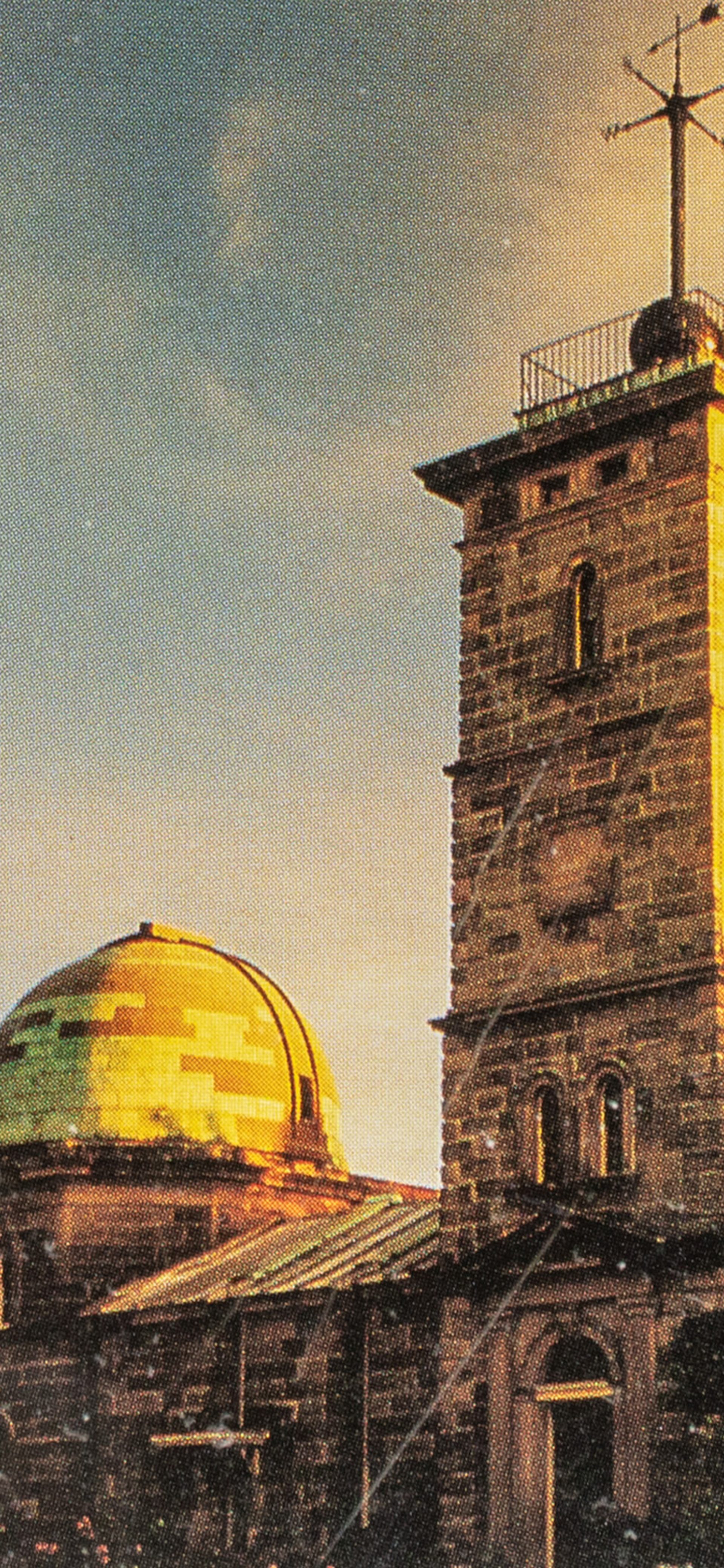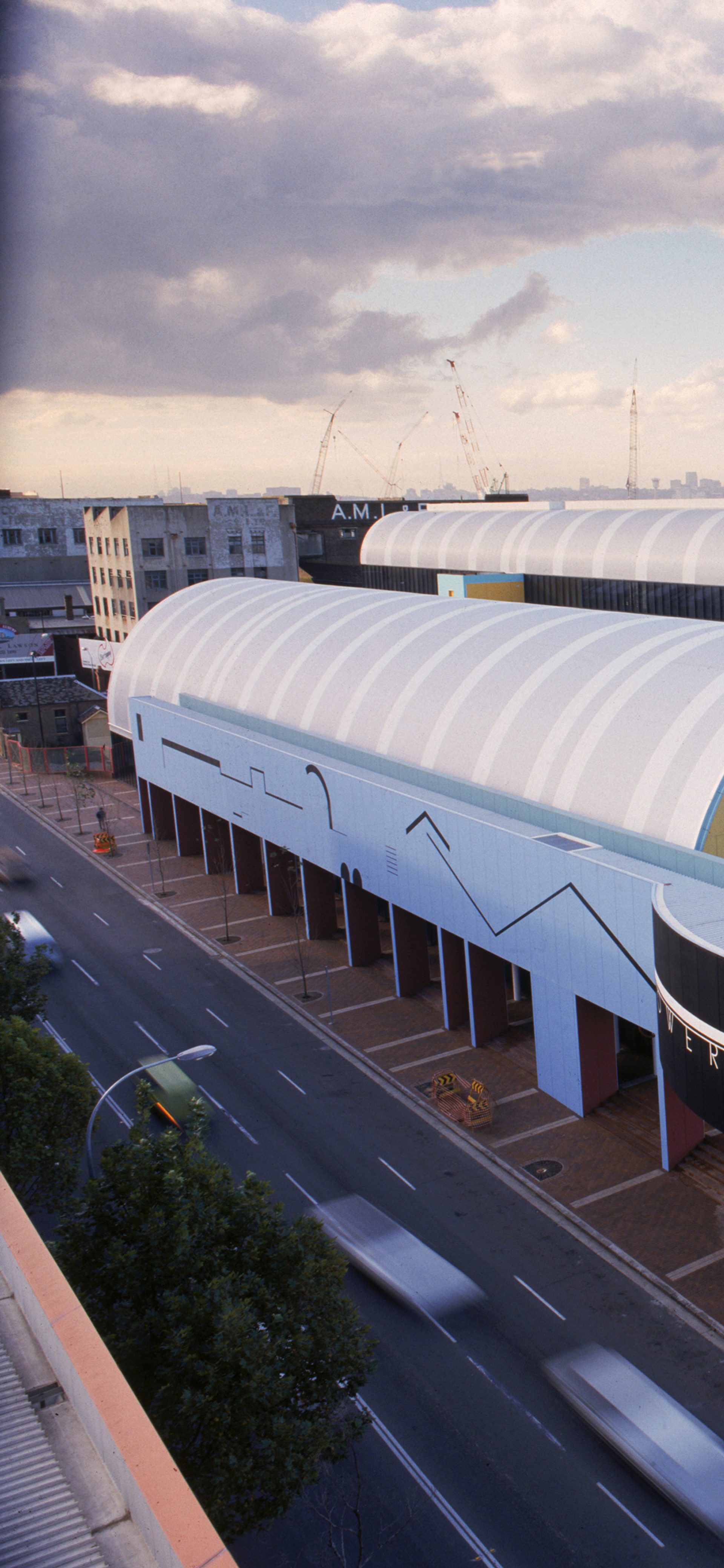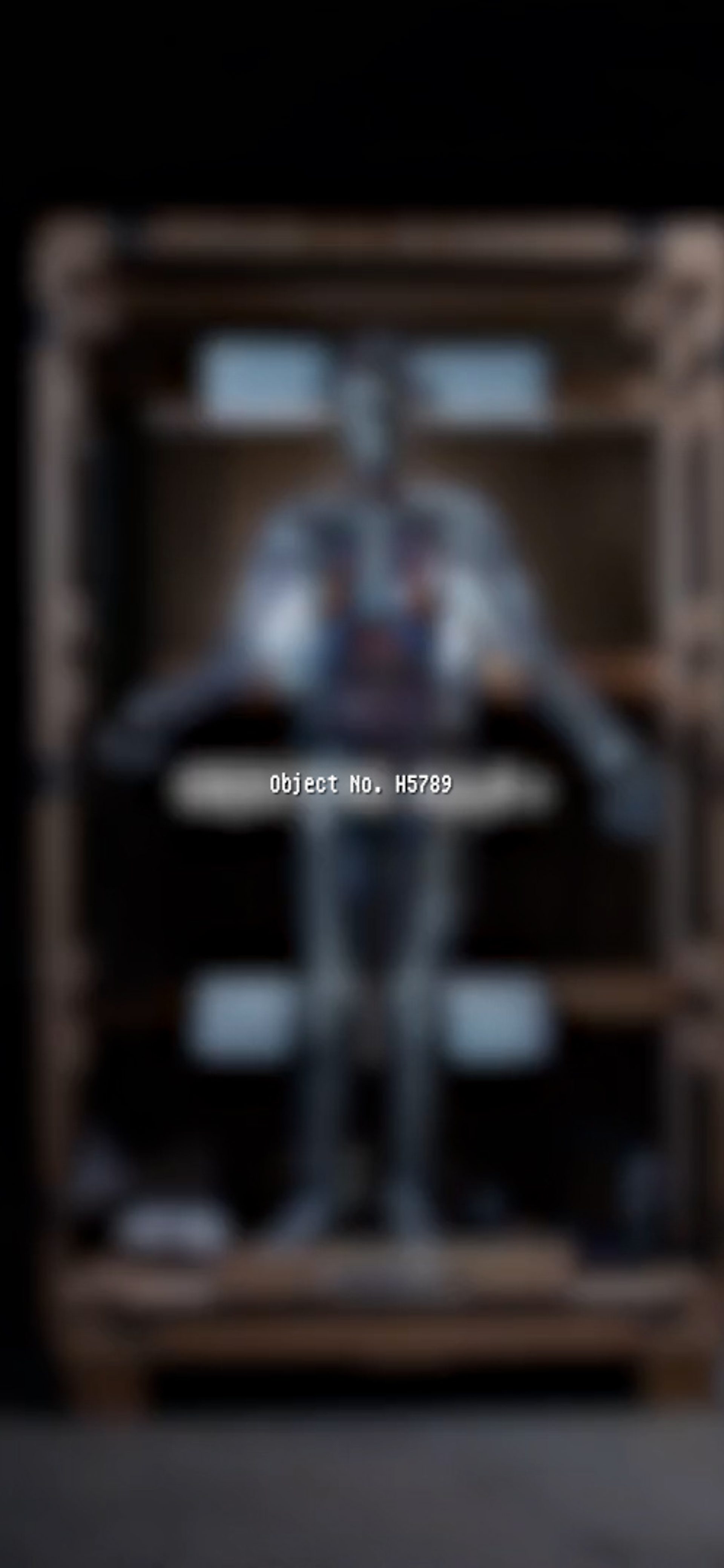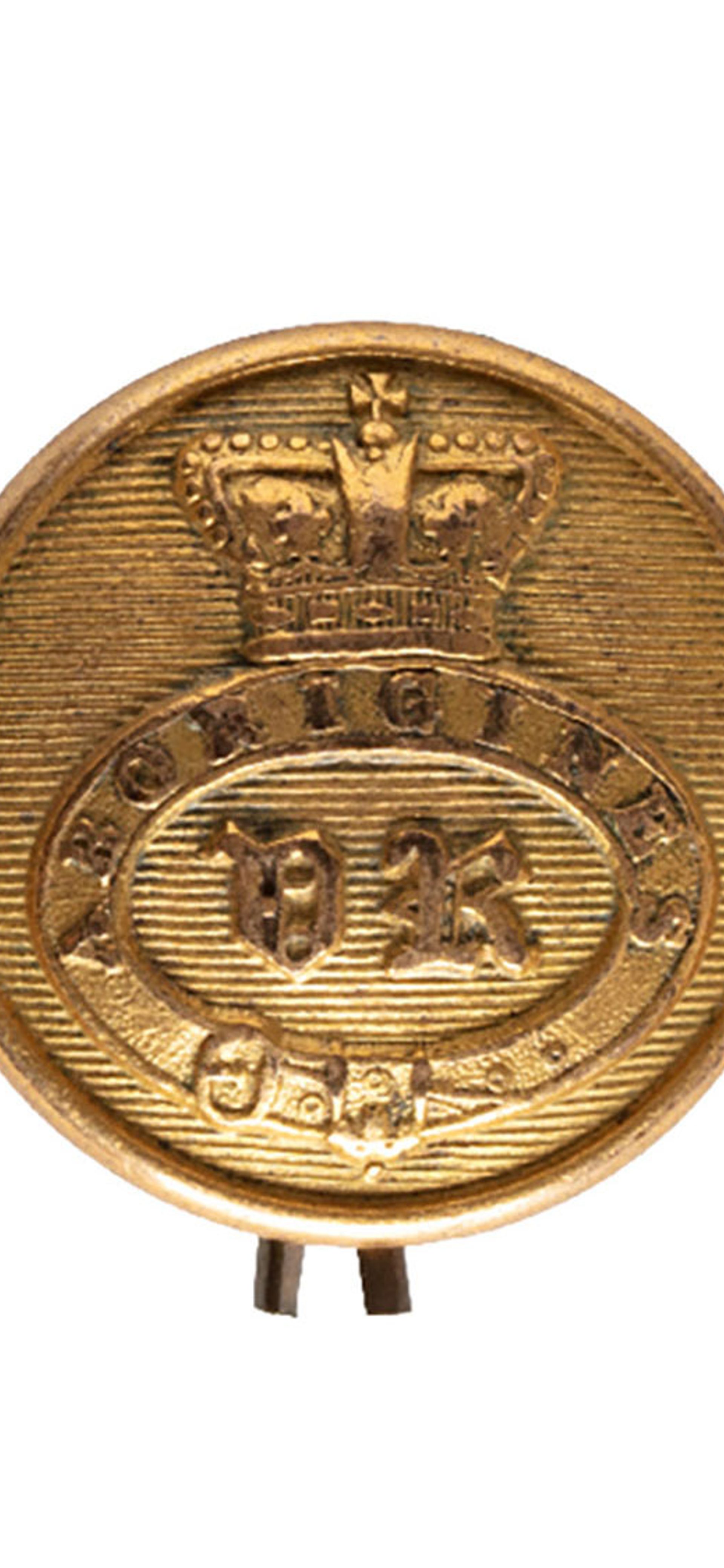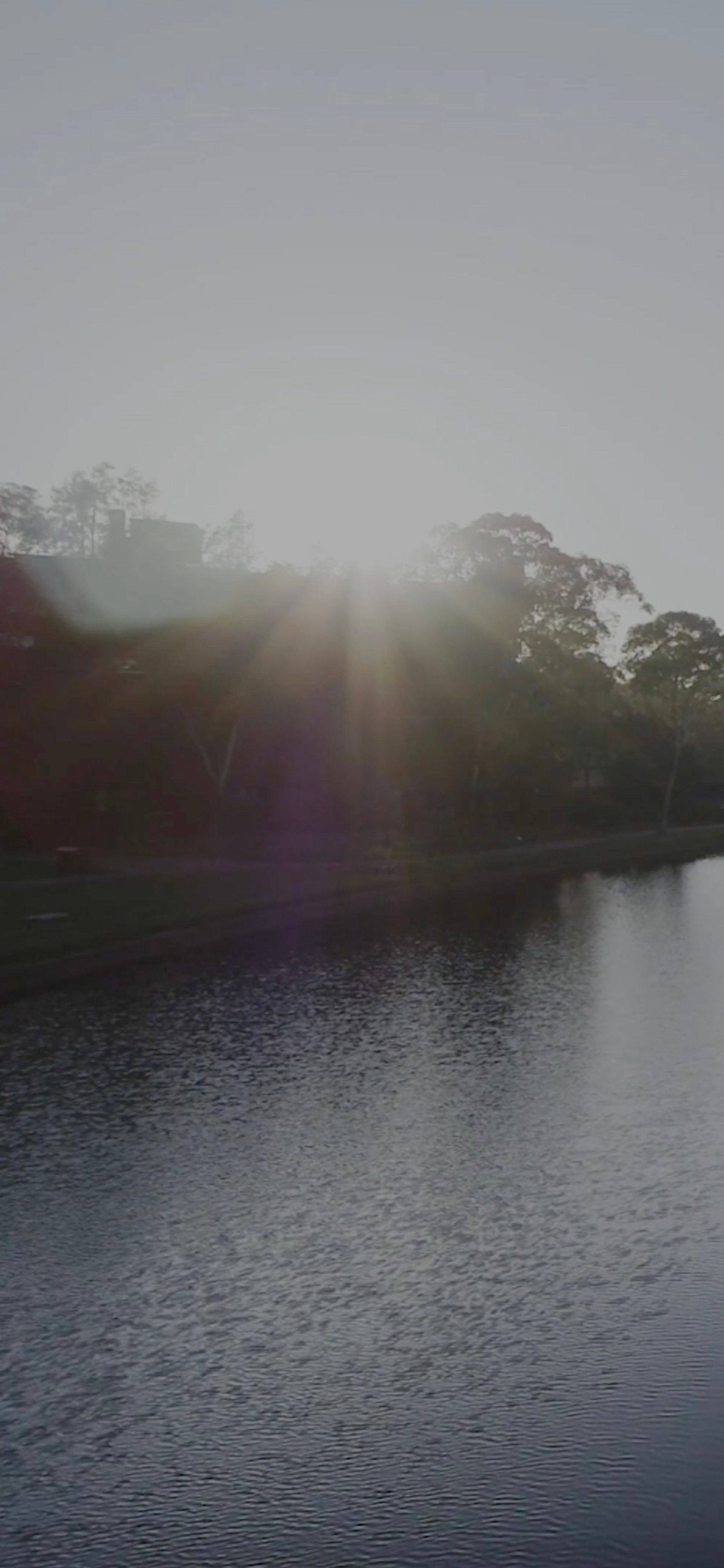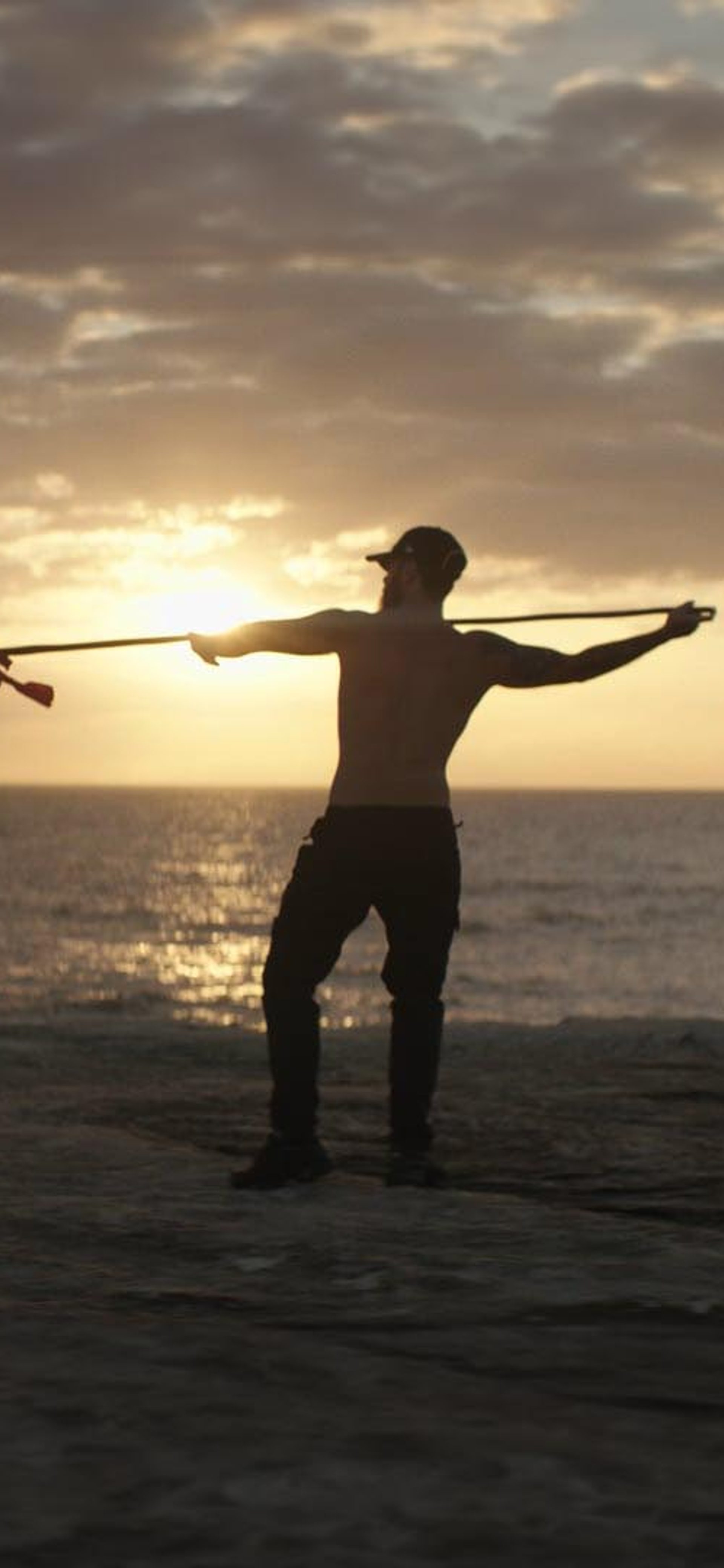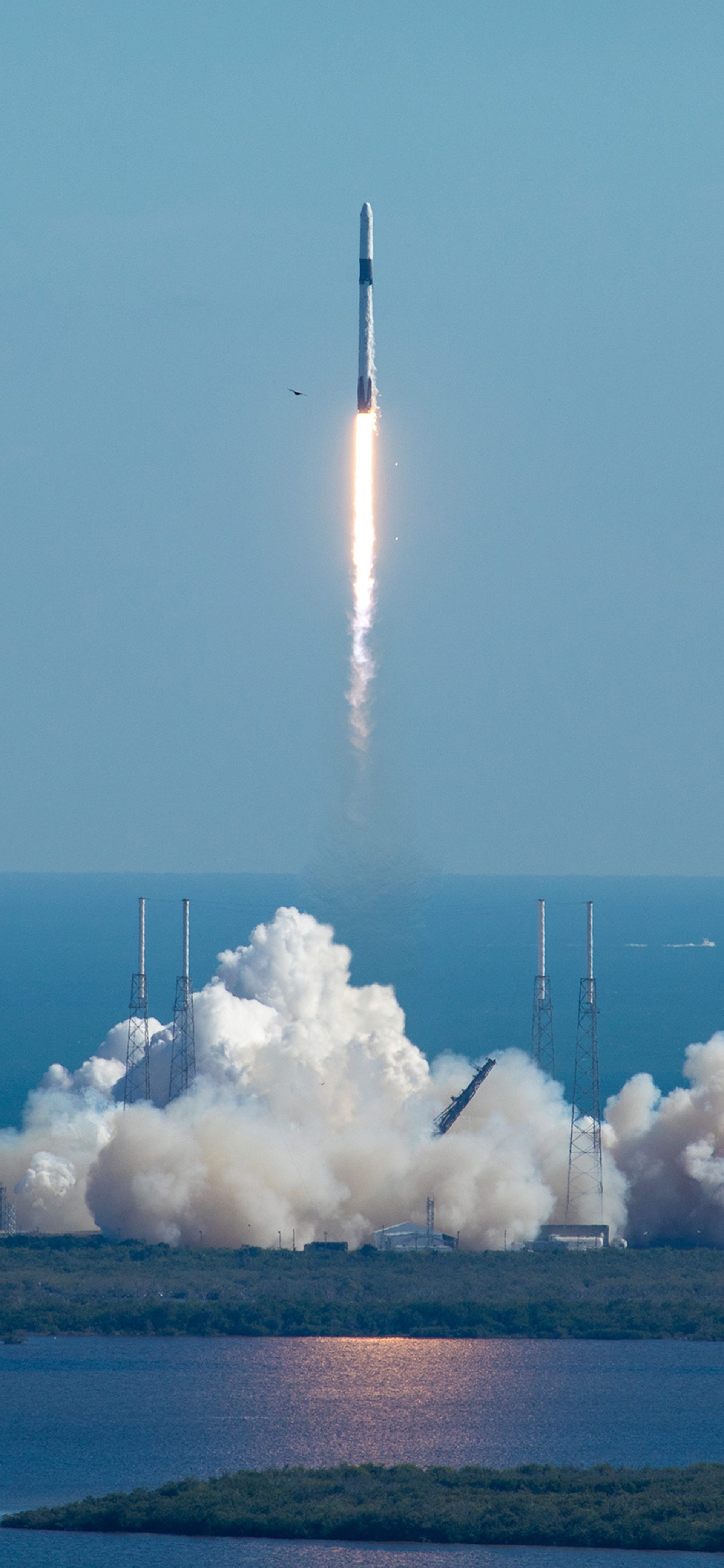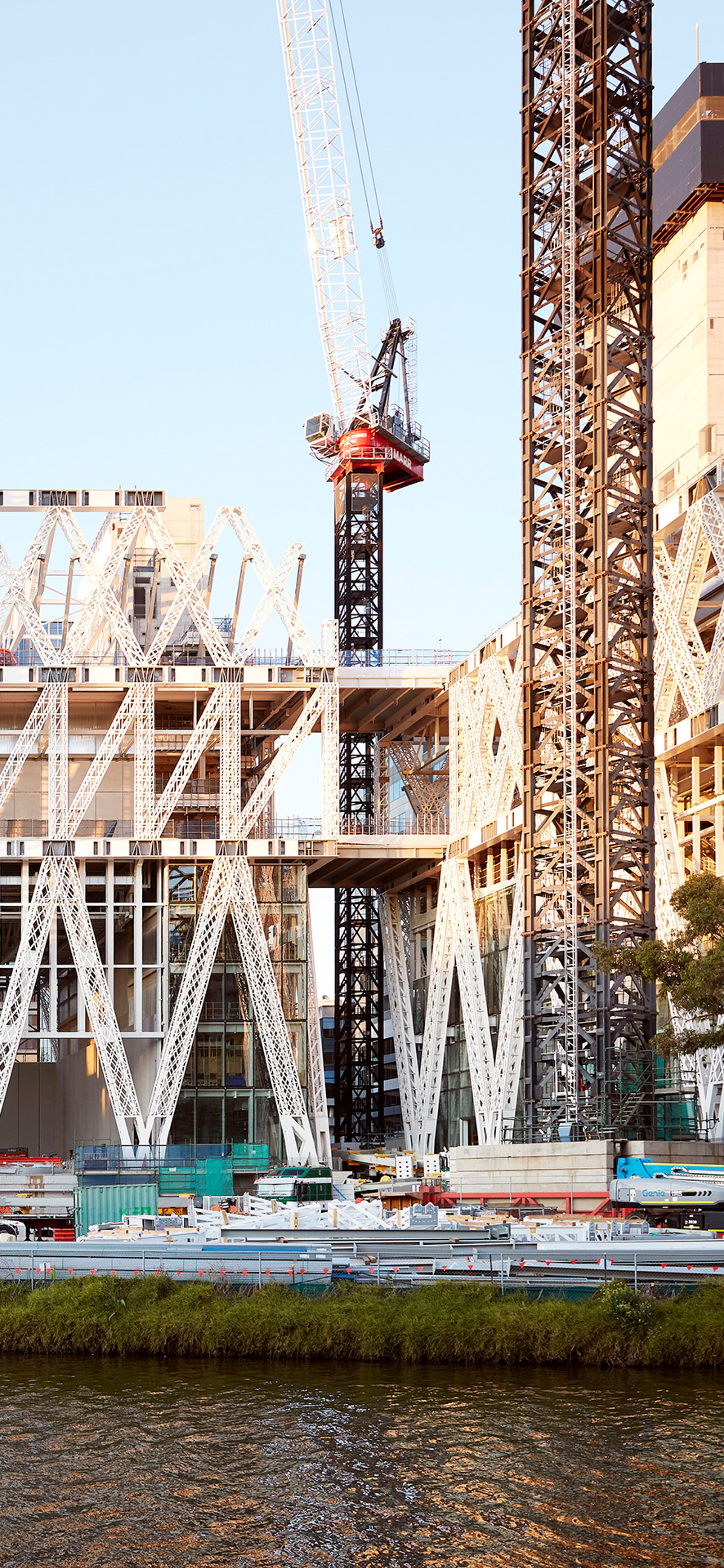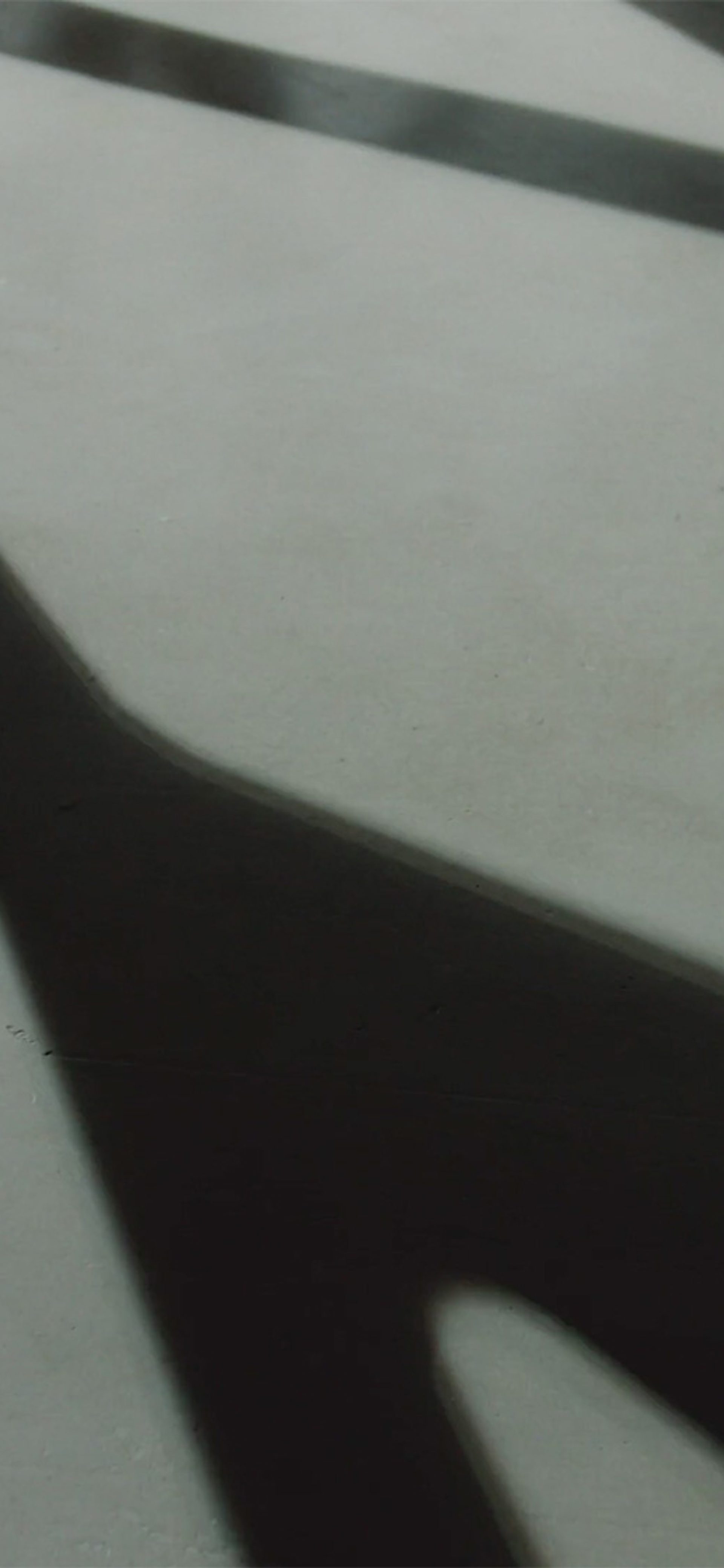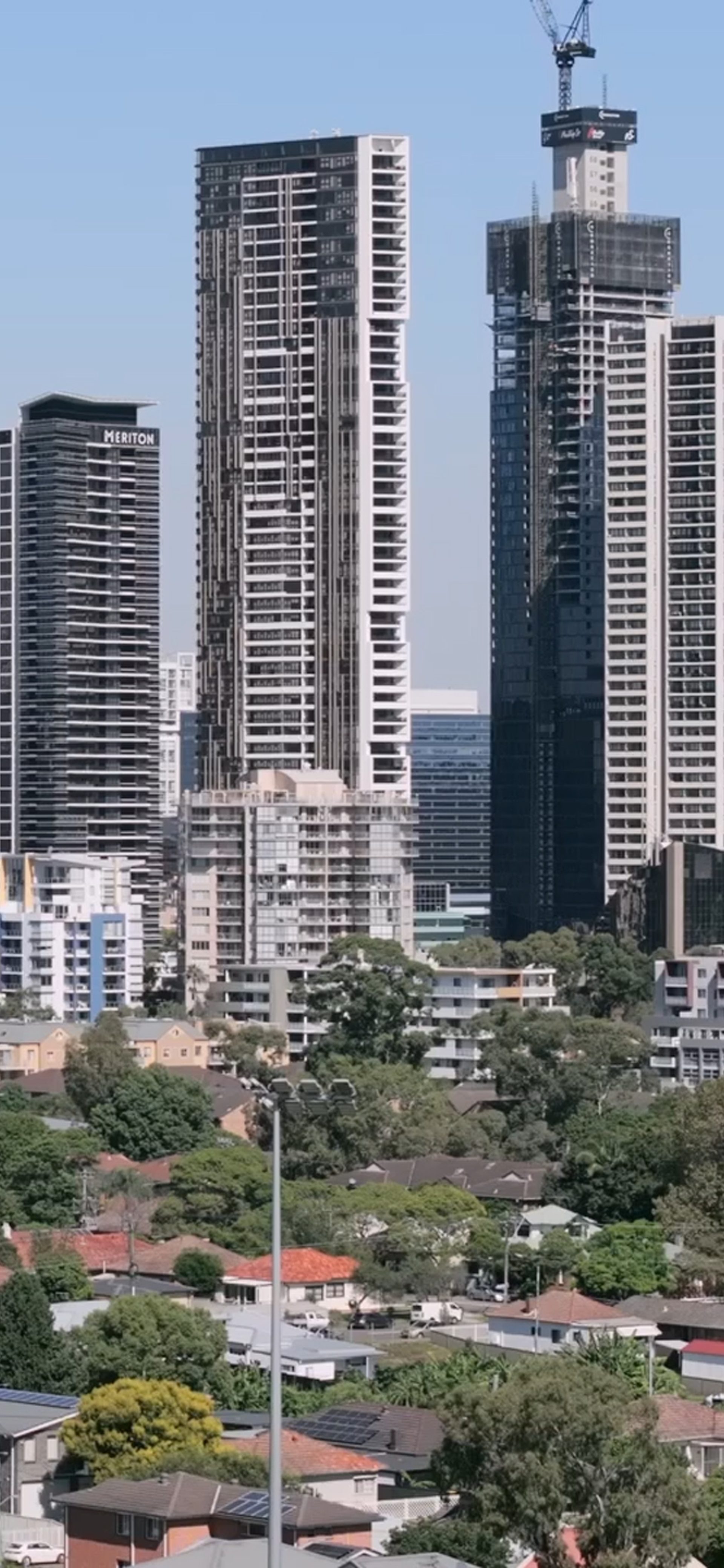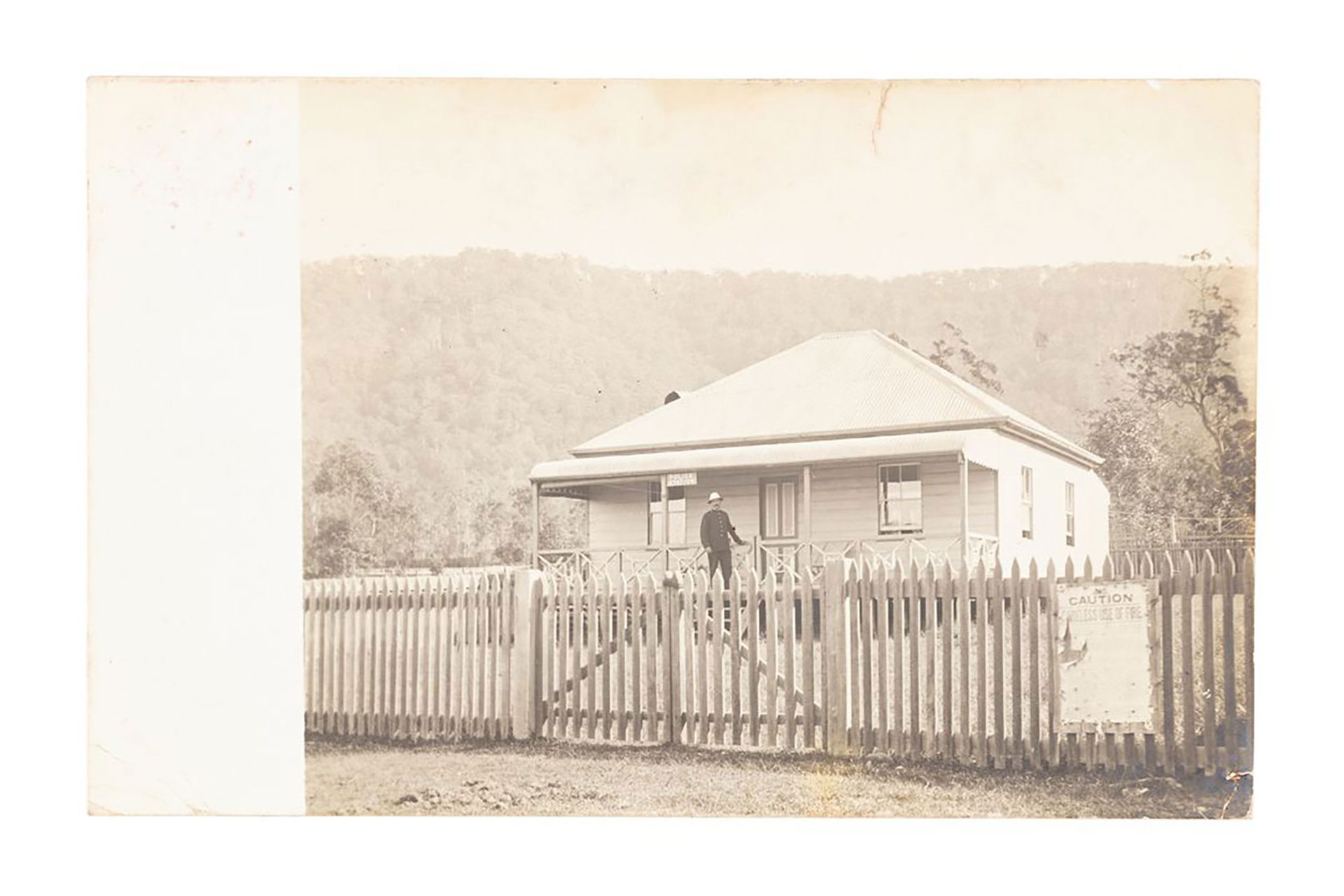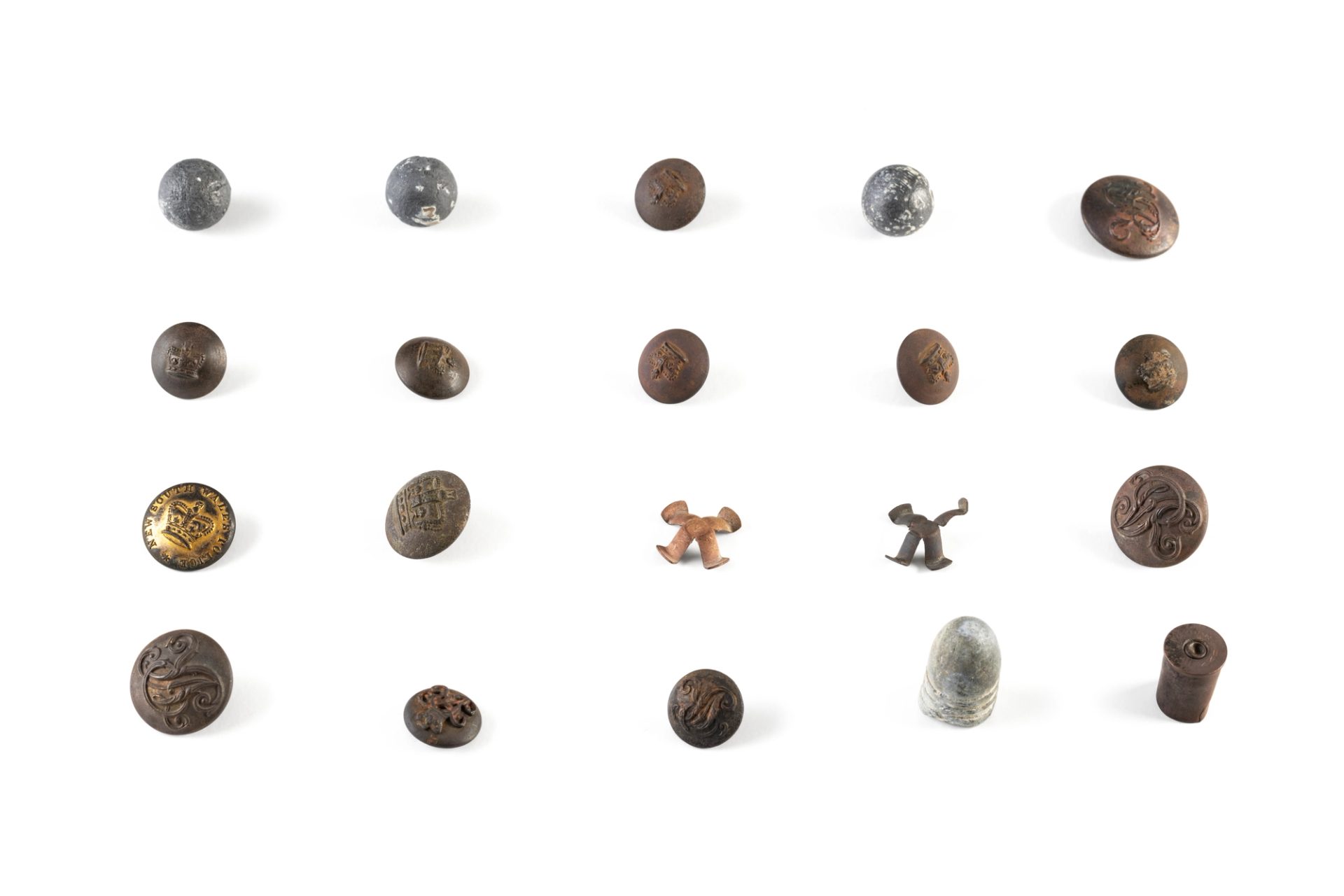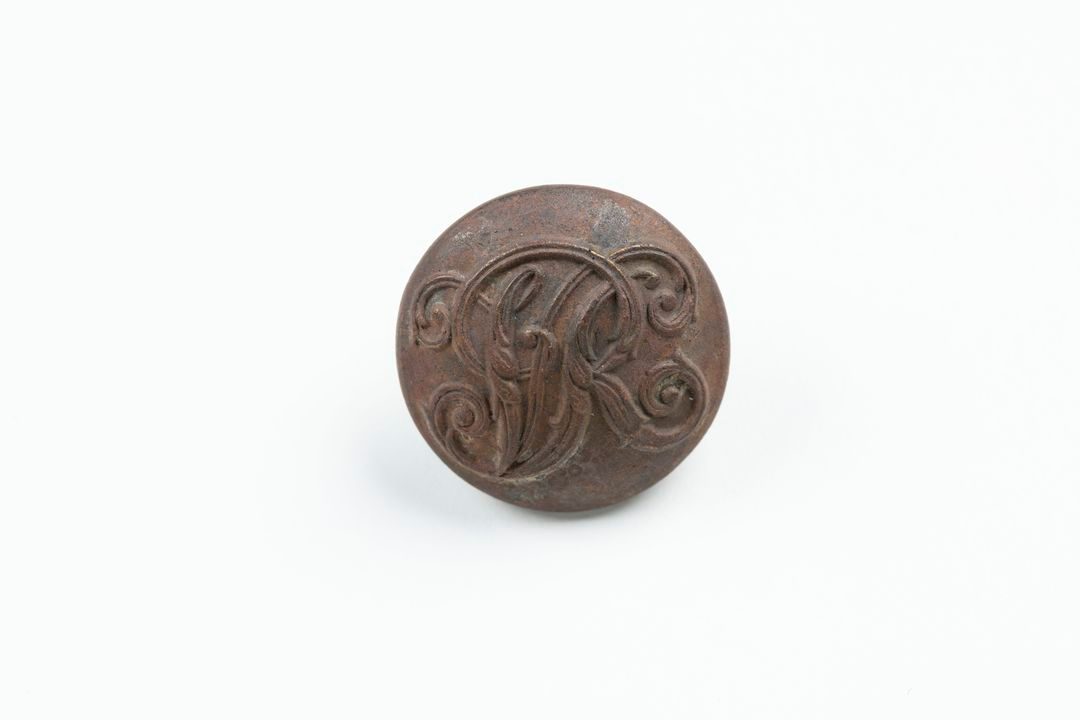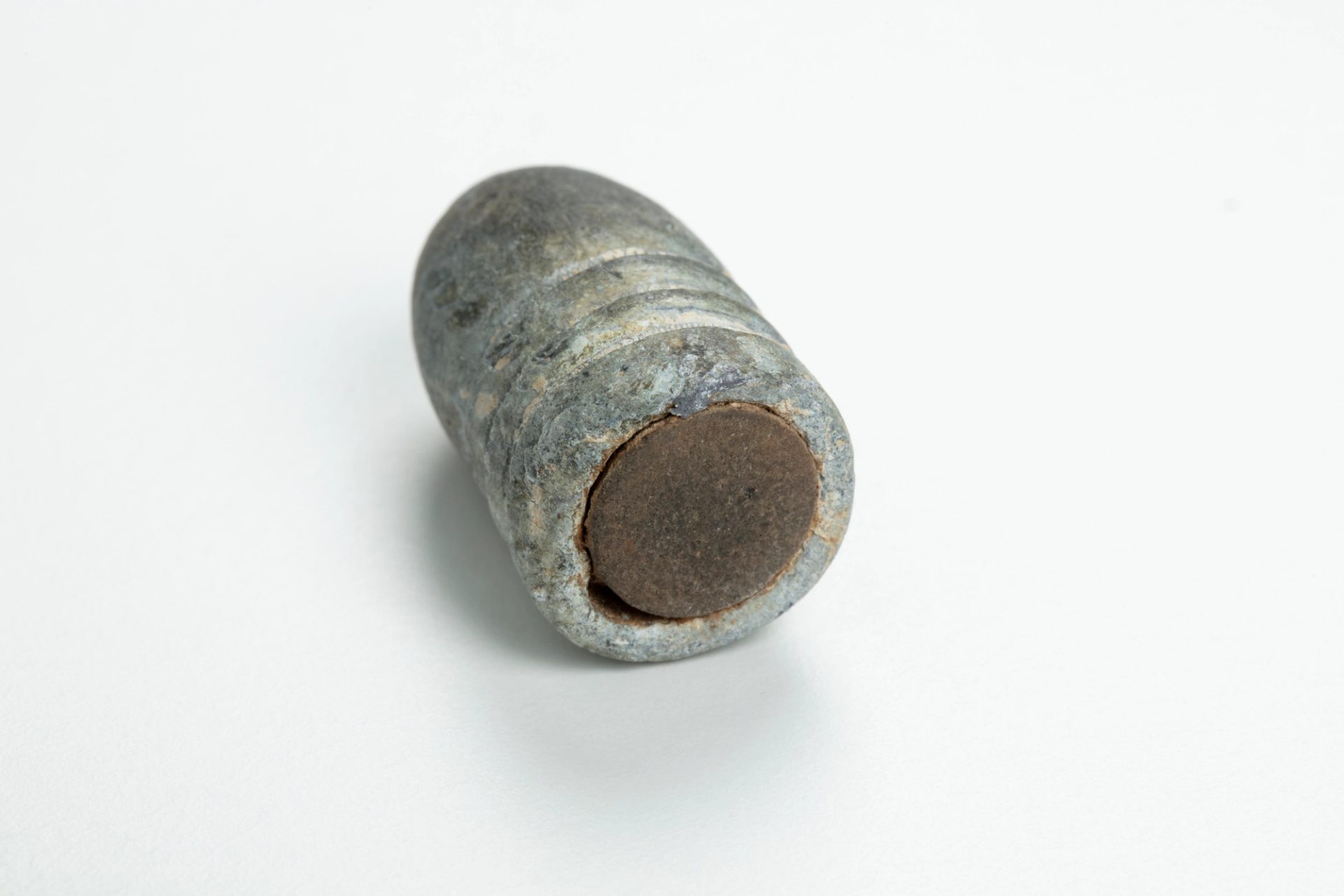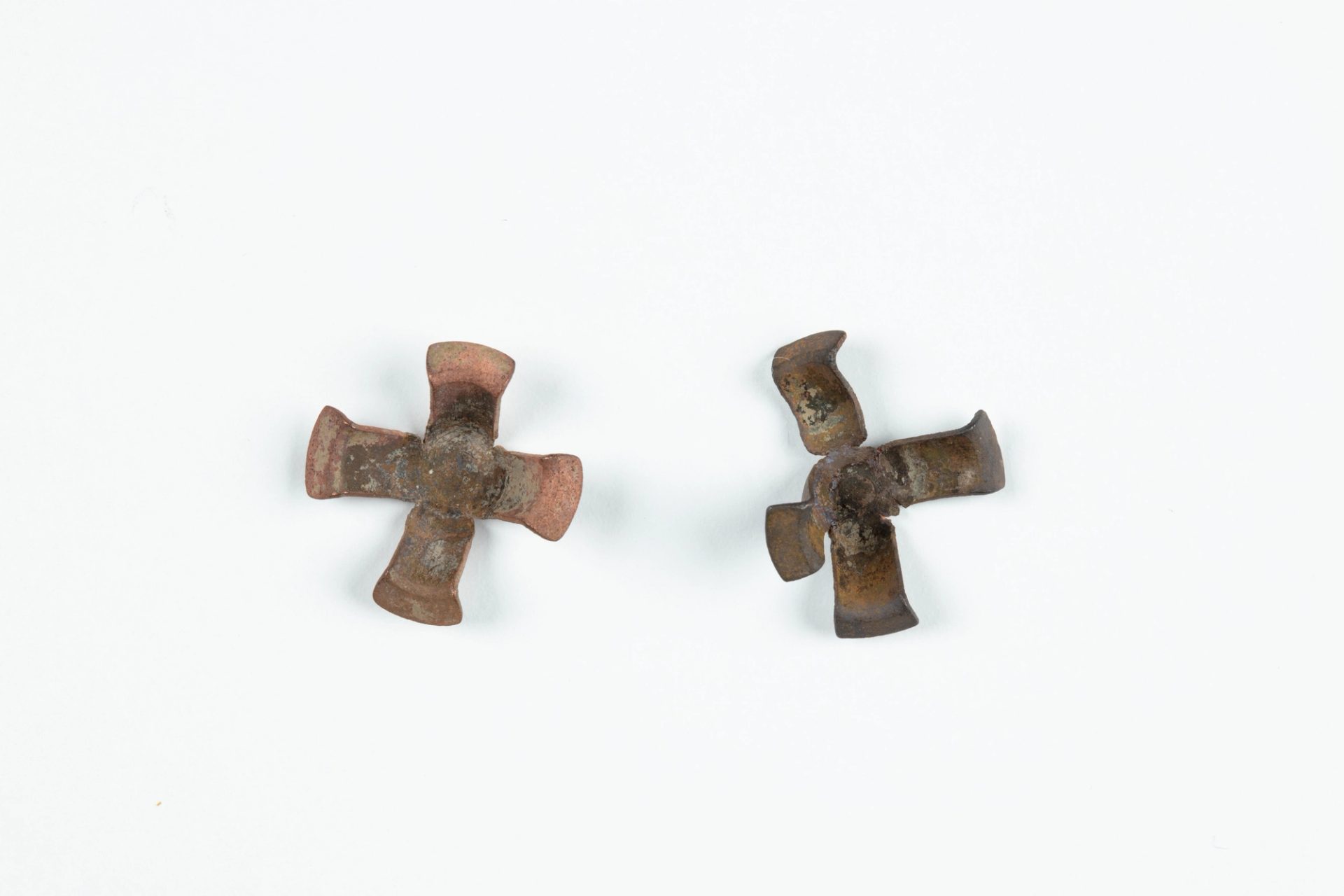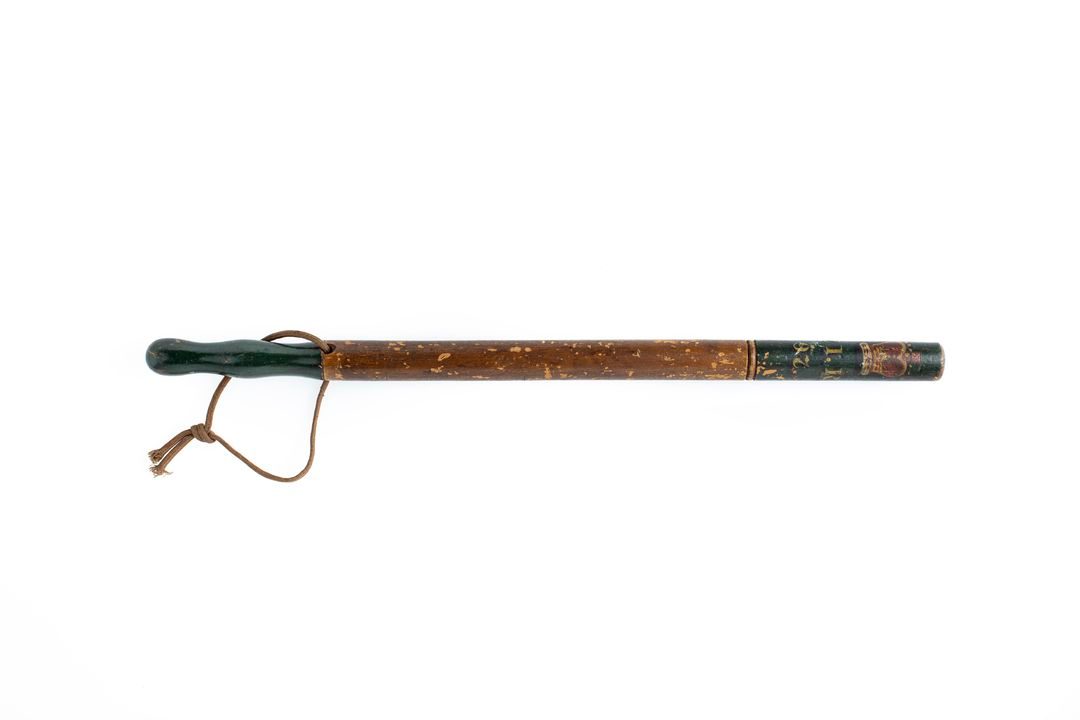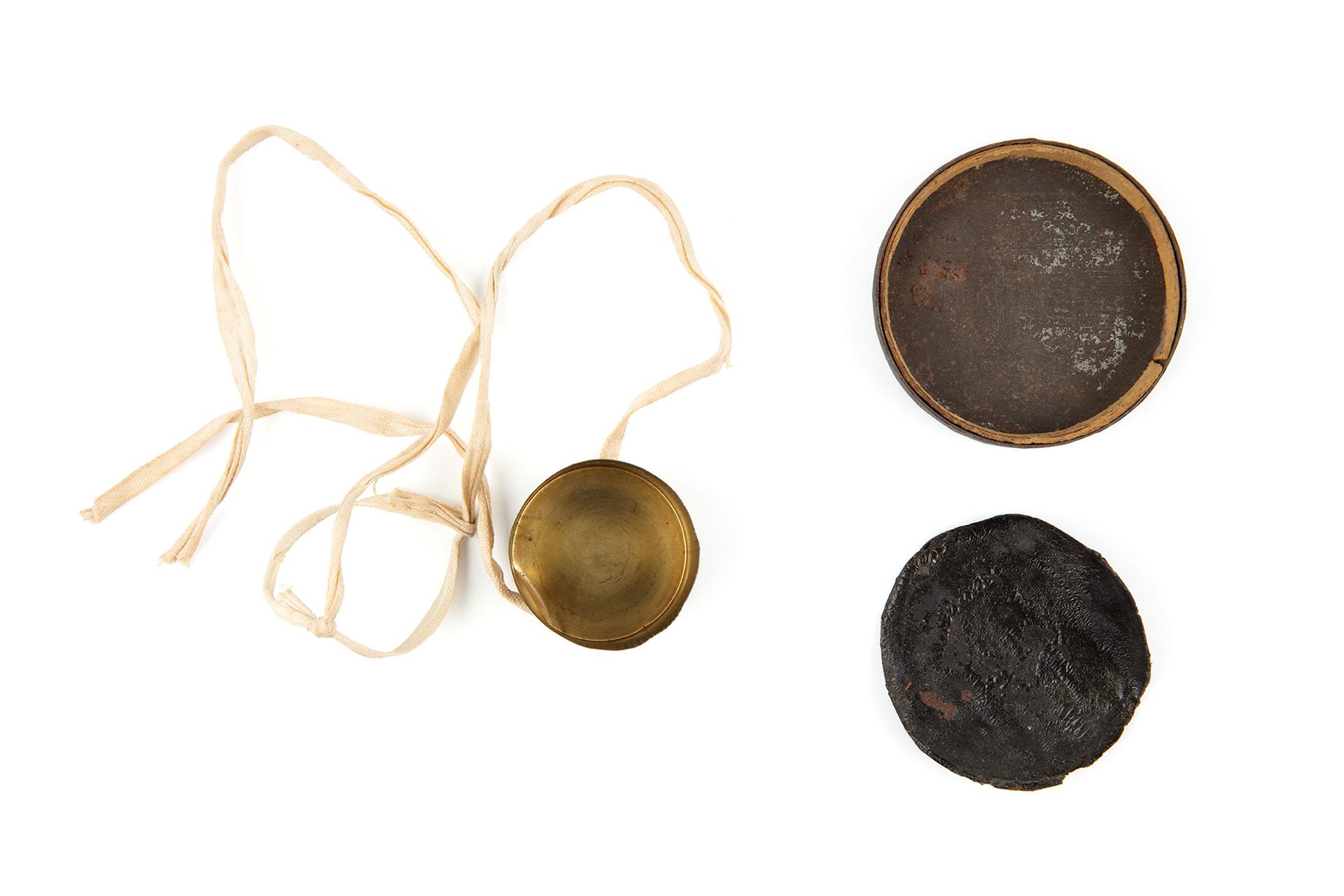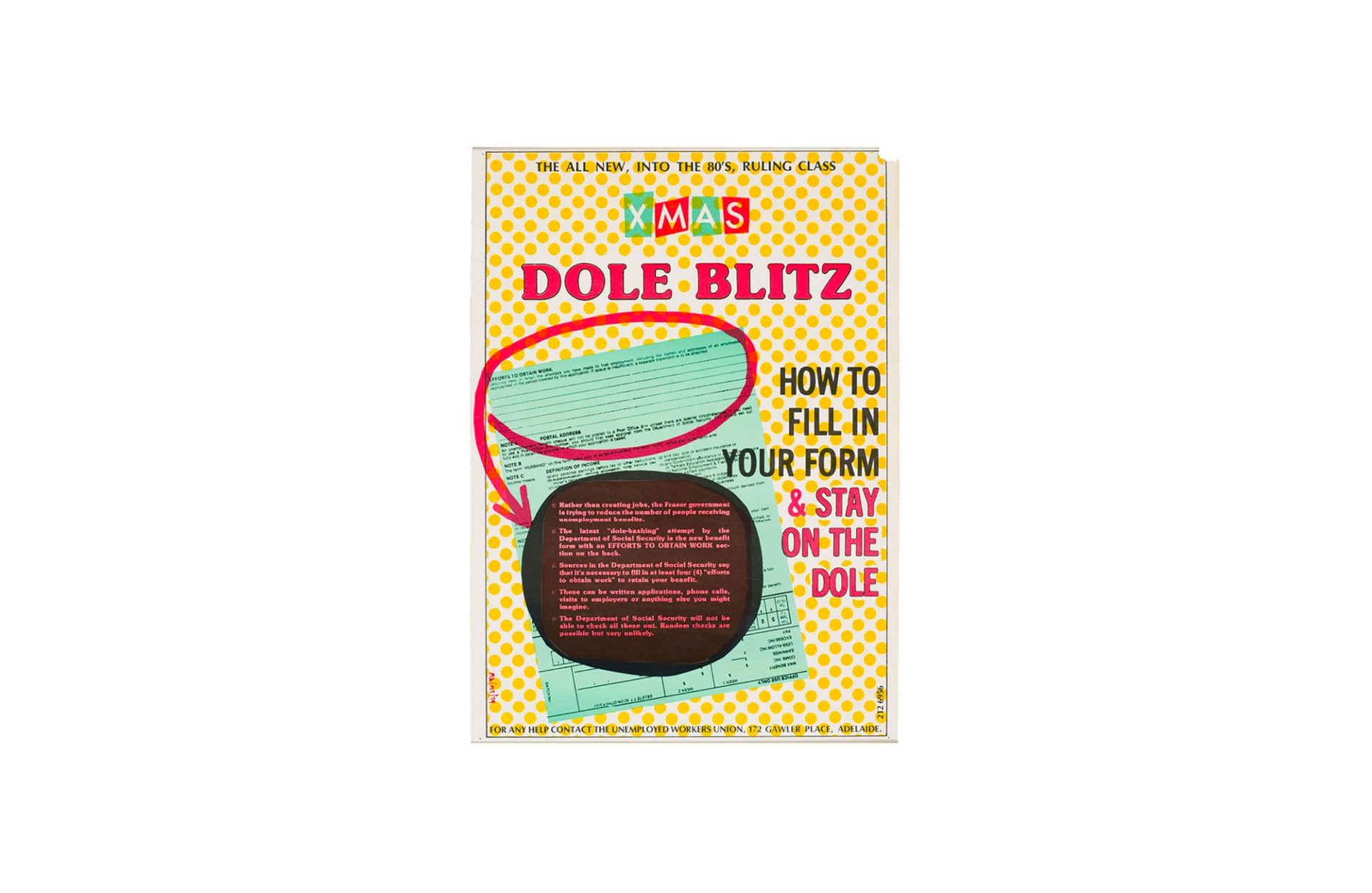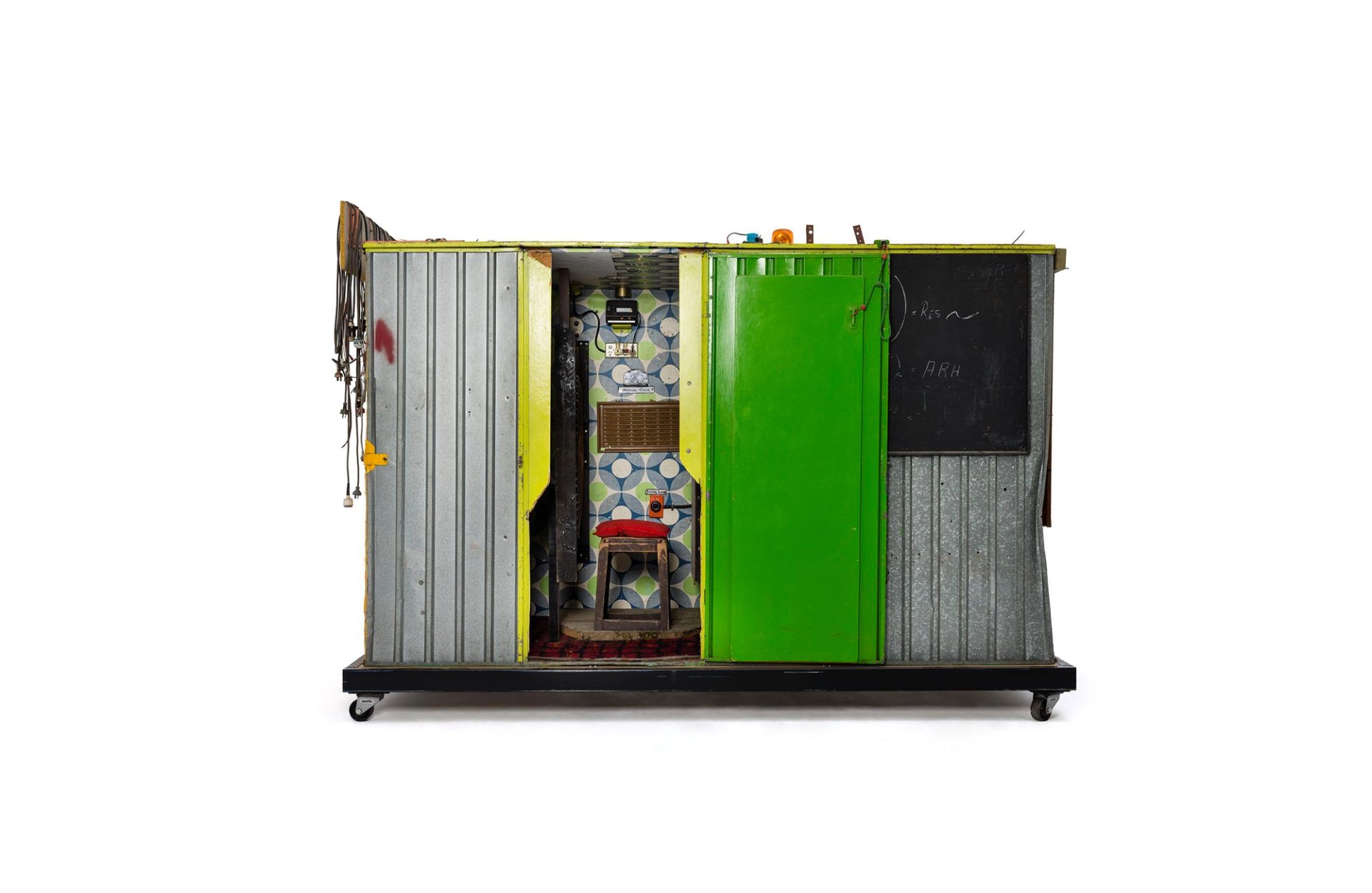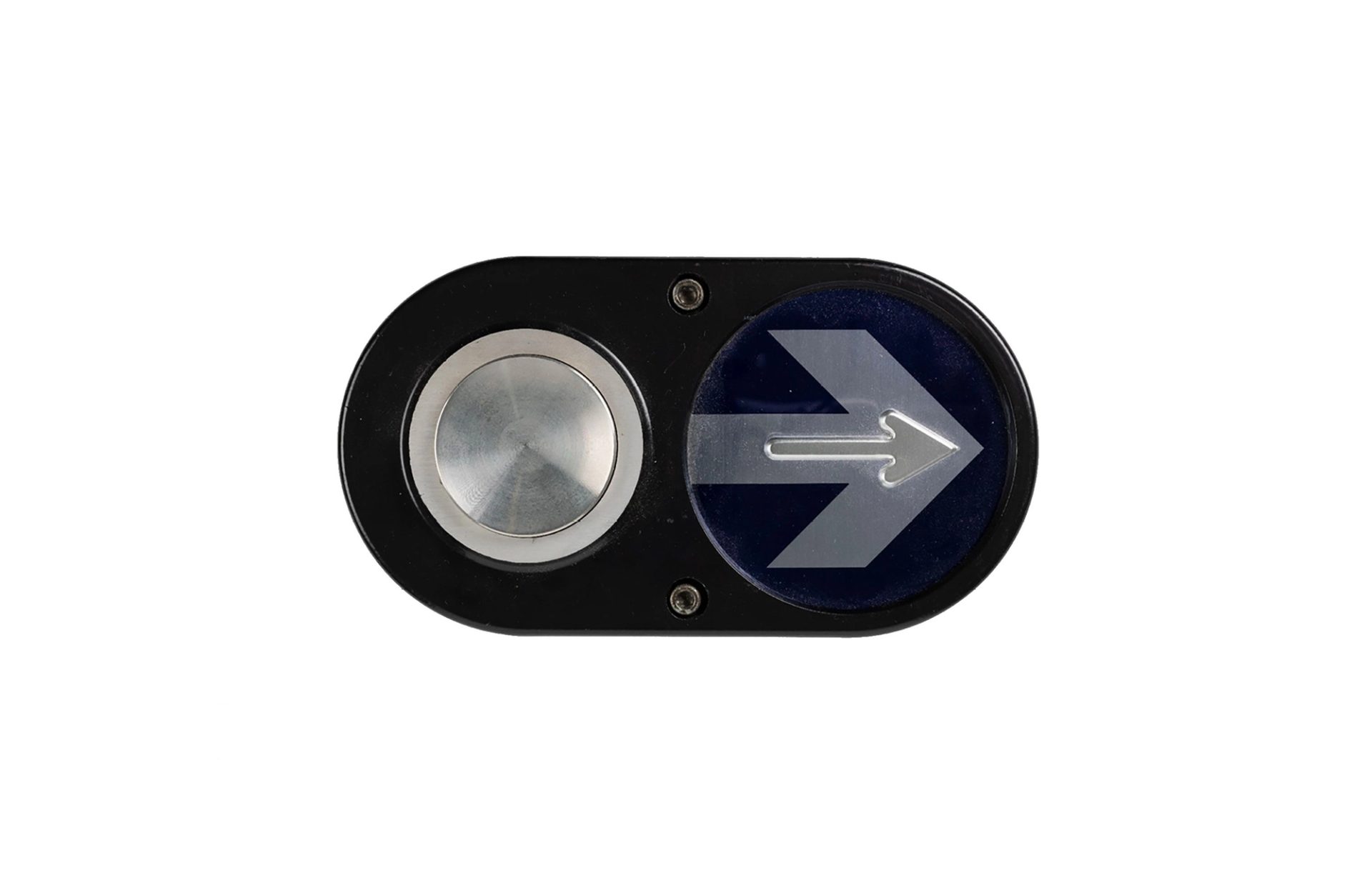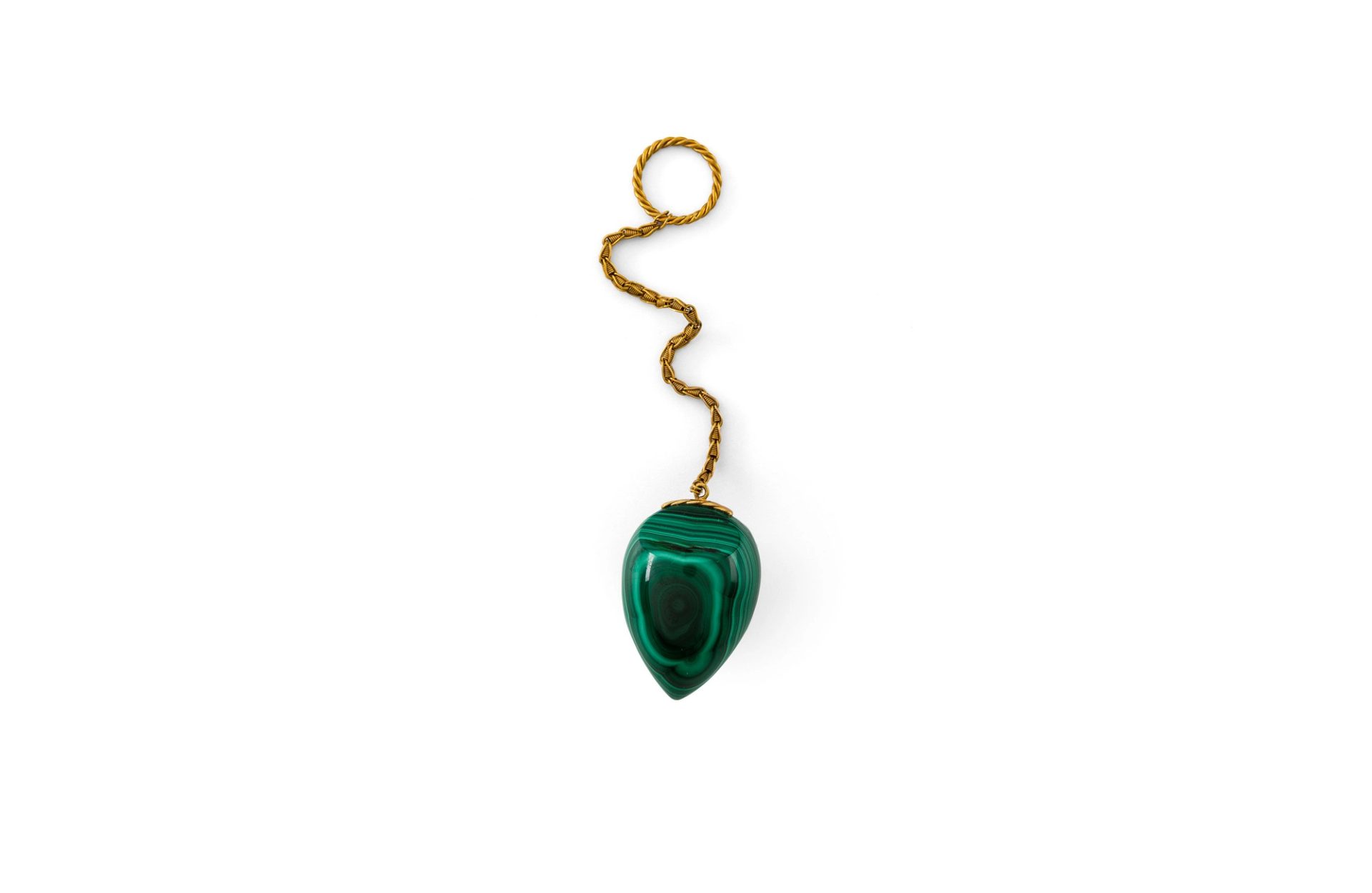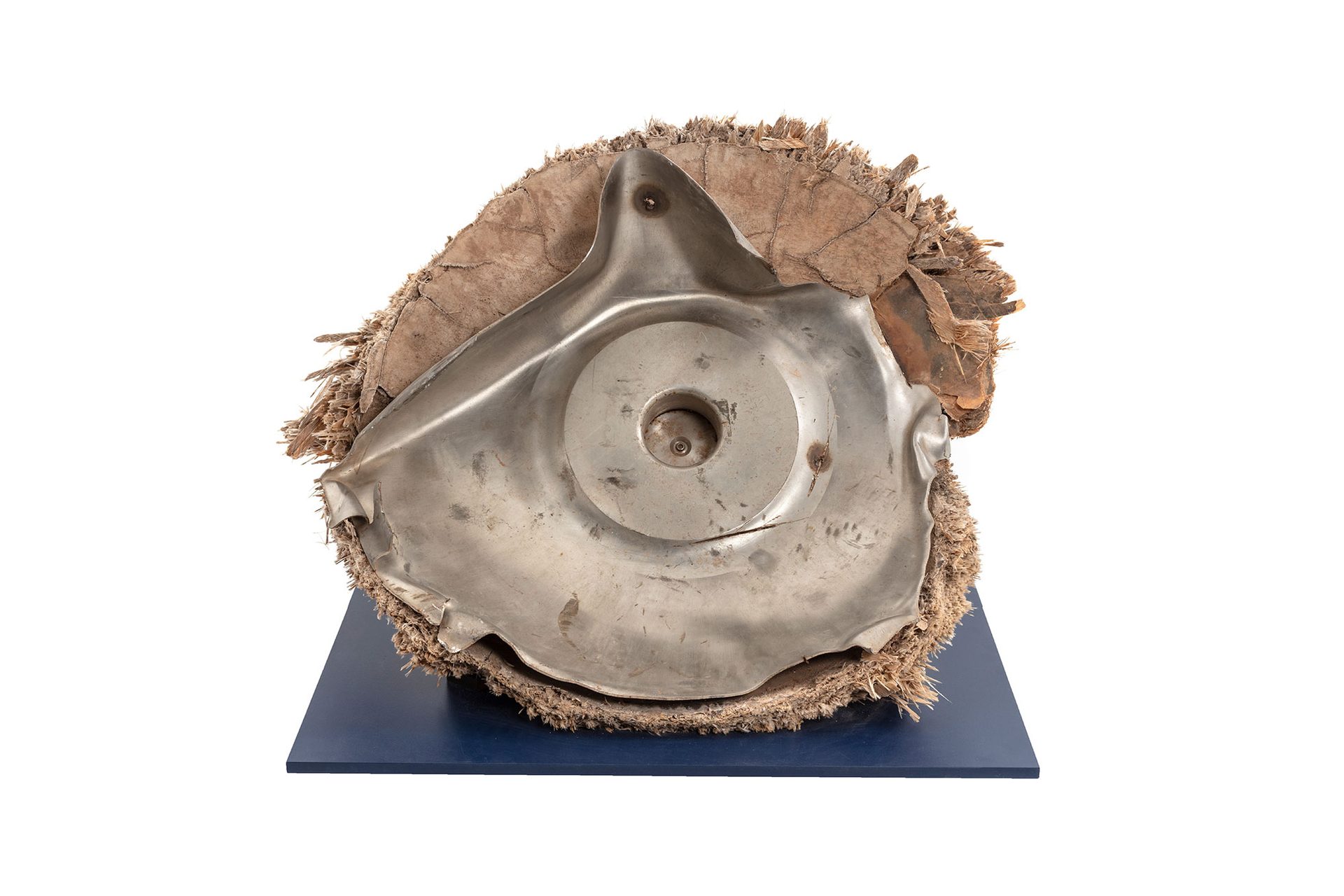The Moral Frontier

From heartbeats to brainwaves, economic cycles to cosmic orbits, oscillations can be found everywhere. This podcast takes artists and listeners deep into the Powerhouse Collection of half a million objects to unearth stories about the vibrations, fluctuations, and movements woven through our world – and beyond it.
The Moral Frontier is a mosaic of thoughts, yarns and poetic reflections on the history of the Native Police, particularly the Native Mounted Police in Queensland. By reflecting on this history, The Moral Frontier exposes confronting truths about the pervasive relationships still at play in our society today.
‘Amidst chaos, we listen. Remember. The moral frontier across our landscape of duress. This duress Country. These were the Native Police. This is our history.’
Transcript
Dakota Feirer Content warning. The following reflects on culturally sensitive and confronting themes, figures and events associated with colonial violence and the Frontier Wars. In particular, the following recalls the nature, events and activities of the Native Police, also known as the Native Mounted Police; a control mechanism deployed by state colonies to nullify Indigenous resistance and act the force dispersal of Indigenous peoples and enable the seizure of sovereign territories on behalf of the British Crown.
The nature of the means employed by the Crown and enacted by the state through the Native Police were genocidal and confronting. Today, the actions performed under this regime breached the very human rights we herald as fundamental to our modern civil society. Yet, the legacy of this past informed social, political and cultural relationships that are upheld integral to our current day. This is just one perspective of the Native Police.
